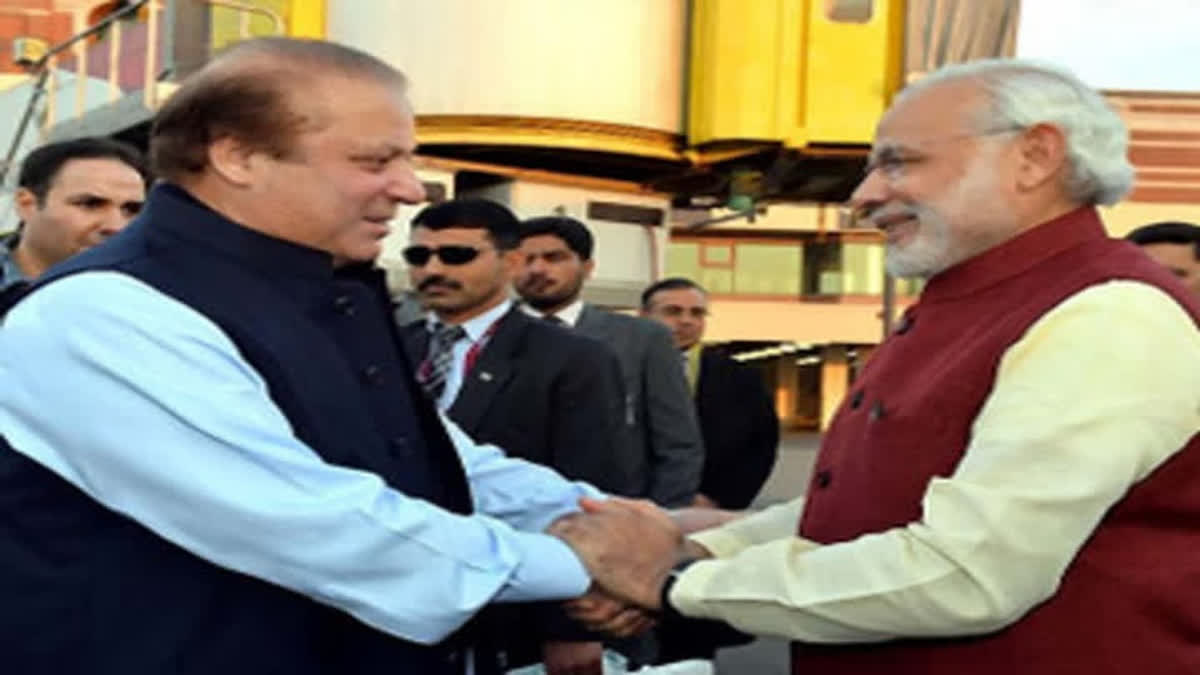Islamabad:Pakistan's registered voters on February 8 will be lining up to vote for their chosen candidates and the party they want to see run the country for the next five years.
Any party or parties that form the government would be confronted with some major challenges in terms of its relations with its neighbours and beyond including India, Iran, Afghanistan, China and the United States.
Pakistan has seen increased terrorism problems kindling tensions with Afghanistan and Iran recently. Islamabad has a long-standing border conflict with India and its relationship with China and parallel terms of communication with the US are also part of the concern the country faces.
In the past polls, there have been several issues that have remained as part of public gathering speeches of political leaders during their election campaigns.
India's mention in relevance to the border disputes and the Kashmir dispute has always been part of every speech of every political leader, used to garner support from the masses. However, the upcoming elections and the ongoing election campaigns of political parties do not seem to give too many highlights to the India mention and have been focused on addressing issues related to poverty, inflation, growth and development.
While the domestic challenges hold much greater importance under the current circumstances in the country; presenting the country’s future foreign policy and its relations with major regional and global powers cannot be ignored.
In terms of relations with the US, Pakistan has been a leading recipient of US aid for decades amid the war in Afghanistan. However, Washington has been sceptical of its support due to Islamabad’s lack of initiative against terror groups on its soil and across the border.
Imran Khan’s tenure further plunged the Pak-US relations into more severity as he criticised the US and tried to cozy up more with China.
